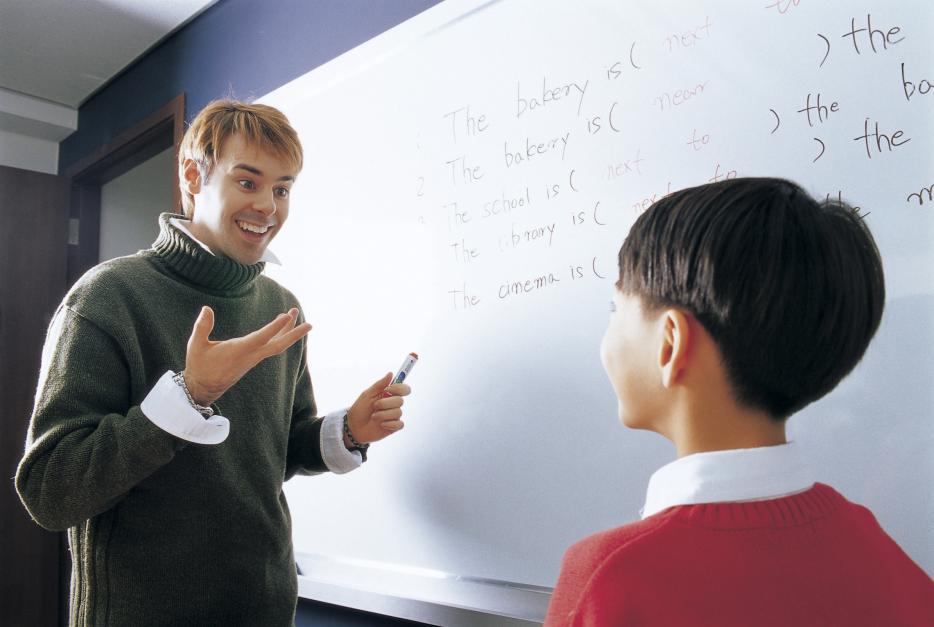
What Will Education in the Future Look Like ?
Many educationalists agree that radical change of one sort or another is needed in our current education system, if future generations are to meet the needs of the workplace as well as their own aspirations.
We consider the education systems of the distant future...
When we consider the education of the distant future, there are two main schools of thought: those who favour personalised education, and those who favour a core skills approach.
What Might Personalised Education Look Like?
In this new world, it is envisioned that society has shrunk, with a much smaller state, and with individuals taking a far greater responsibility for their own lives. Parents adopt a largely free range attitude towards parenting, and schools as we know them are entirely opt-in institutions.
In the world of work, there is a great emphasis on self-employment and “portfolio” careers, with any one individual likely fulfilling many different career roles according to their skills and interests.
In this world, education becomes completely personalised. It is up to the individual child and its parents to decide what, when and how to study. Each child has one or several learning mentors, chosen by its parents, and paid for by them. Many fulfil a role similar to today’s teachers, but they facilitate the child’s learning programme, rather than dictating it. Children may still attend school on a voluntary basis, but many attend part time, supplementing this offering with a variety of private tutoring schemes and self-led learning. Many do not attend at all, and home education is common place.
Technology is such that self-education is easy; market forces come into play to keep the standards of educational programmes up, and many such programmes are offered by leading employers, keen to ensure that they have a ready supply of trained employees.
What Might Core Skills Education Look Like?
In this new world, the state has strengthened and greatly increased its role in education, in order to ensure that skills gaps are closed and that the workforce meets and exceeds the technological demands placed up on it.
School attendance is compulsory for a wider age range than is currently the case, with schools open for longer hours and home education having been made illegal. Children are taught rigorously and tested regularly, with an emphasis for each generation being placed on whichever core skills the government foresees as being most necessary for them as adults.
In this world, soft subjects all but disappear from schools, and instead parents are encouraged to provide these opportunities for the children outside of school, supplemented by vouchers and subsidised cultural education programmes. Exams become much more important, and teachers are rewarded better.
And Back to Reality?
Of course, as we look at them today, both of these potential scenarios have their faults. In the personalised learning world, we might well wonder what would happen to those children who fall through the cracks, or whose parents cannot afford to pay for the best opt-in learning programmes available. We might also wonder how long it would take for the market to properly balance the skills needed against the skills people want to learn.
In the core skills world, we might lament the drudgery of the system, efficient as it may be. We wonder whether the lack of soul in the education may have long term implications for society, and what the ultimate cost for creating a highly skilled workforce might be.
As education think tanks and organisations such as FutureLab continue to speculate about the far distant future, one thing is for sure. Radical change of some sort is needed in the education system now, particularly to cater for skills shortages and the lack of digital literacy education available. There are also strong arguments for increasing “real life” and citizenship style educational opportunities, to teach children, for instance, about politics and personal finance.
The possibility for future change is exciting and eye-opening, but as ever with educational change, the real worry may be for the generations who are lost in the experiments. These things take a long time to get right – and nobody wants their children to be the guinea pigs.
_________________________________________________________________
William Clarence Education is the leading education advisory and consultancy service in the UK. With an unrivalled reach into the UK Schooling and University network, we help and advise families from around the world to reach their maximum potential and gain access to the very best of British education.
William Clarence put the student’s needs and welfare at the centre of every programme of study we deliver with a focus on integrity and discretion. Services include UK School and University Placement, Residential Tutoring, Oxbridge Application, US College Admission and Homeschooling.
For more information please contact:
williamclarence.com
